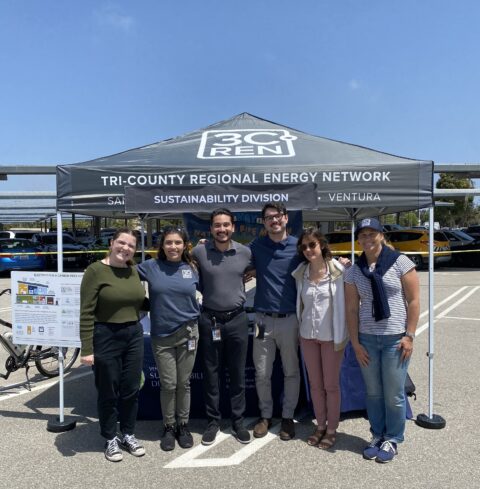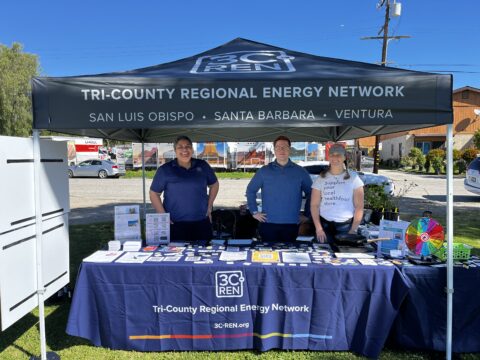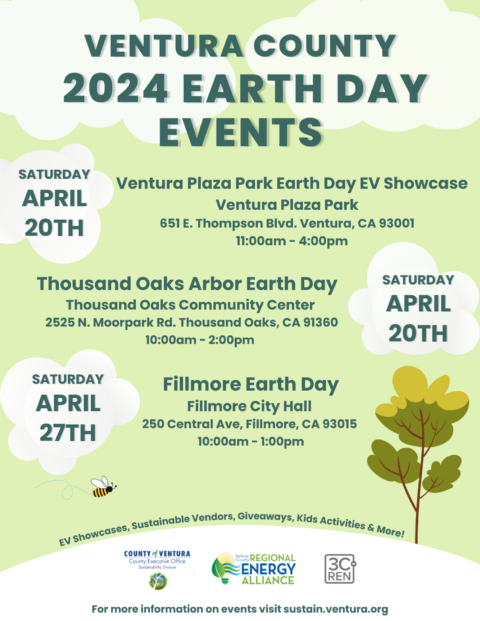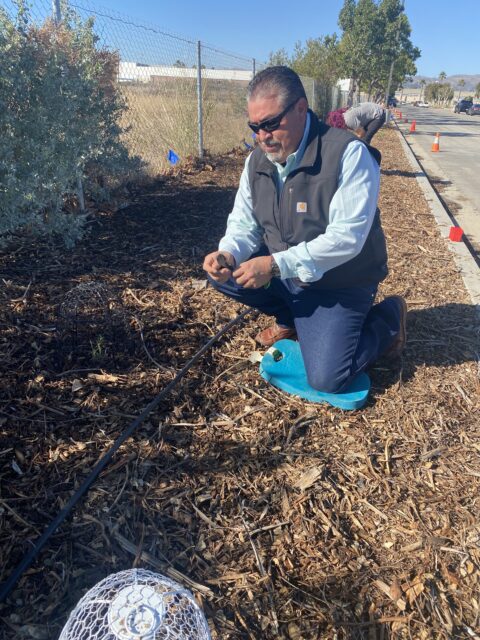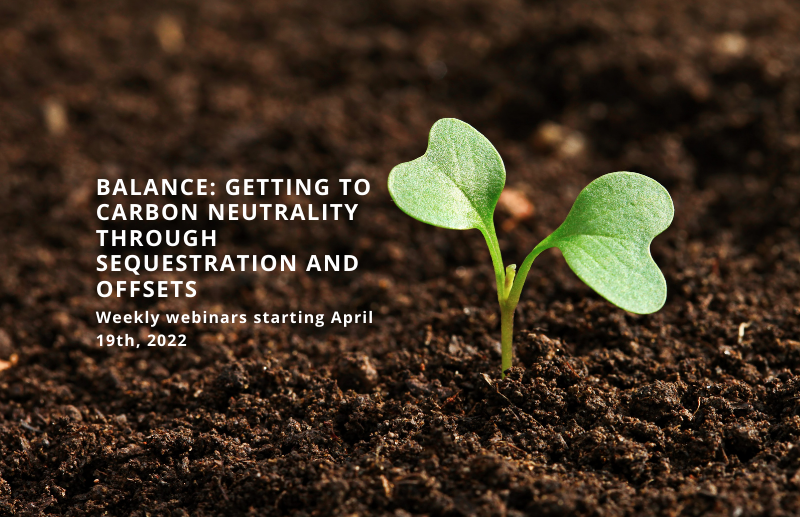The Central Coast Climate Collaborative (4C) and the Santa Barbara County Regional Climate Collaborative are co-hosting a five-part webinar series to educate participants about carbon sequestration and carbon offsets. The series kicks off April 19, and will conclude on May 18.
In order to achieve carbon neutrality, governments, businesses, and communities will need to consider carbon sequestration and offsets as part of the solutions toolkit. Because there are a lot of unknowns and misunderstandings surrounding carbon removal, largely due to the complex and developing nature of the industry. This series aims to introduce potential stakeholders to carbon sequestration and offset markets and to facilitate dialogue, foster connections and projects, and address barriers.
“In California and the world, there is a growing appetite for carbon sequestration projects,” says Heather Allen, Steering Committee Chair of the Central Coast Climate Collaborative and Sustainability Program Administrator for the County of Ventura, “We have opportunities here in the Central Coast to facilitate investments in our natural and working lands. We hope this series is the beginning of a conversation and the birth of a growing community of practice.”
The webinar series seeks to appeal to a wide array of participants including local agencies, landowners, growers, project developers, consultants, non-profits, and financial institutions.
“We recognize that we cannot achieve our carbon goals solely within our boundaries,” says Alelia Parenteau, Steering Committee Chair of the Santa Barbara County Regional Climate Collaborative and the Interim Sustainability and Resilience Department Director for the City of Santa Barbara. “Collaborating across our region will help us meet our climate goals and bring rural and urban communities closer together.”
The event series details are below:
- Tuesday, April 19, 2022 “Carbon Markets: The Basics” This webinar will explore the basics and advanced inner workings of carbon offset markets.
- Wednesday, April 27, 2022 “Carbon Markets: Supply-Side Considerations” This webinar will explore the world of carbon markets, protocols, and market actors that facilitate the supply side of market transactions.
- Wednesday, May 4, 2022, “Carbon Markets: Demand-Side Considerations” This webinar will explore the demand side considerations of the carbon offset market through the perspectives of a local government, a university and a project developer.
- Wednesday, May 11, 2022, “Beyond Carbon Markets: Holistic and Integrated Projects and Stewardship” This webinar will explore possible sequestering project opportunities and challenges. These projects can have multiple system benefits and they may or may not be completed as part of a carbon market system.
- Wednesday, May 18, 2022, “Bringing it Together” This session is designed as an interactive discussion offering an opportunity for series participants to engage in an open discussion, debrief their key takeaways, and consider existing and future needs and resources to facilitate local carbon sequestration projects and offsets.
The webinar series is free to attend. To learn more about the program, registration, and sponsorships, please visit www.centralcoastclimate.org/sequestration.
The webinar series was organized by Collaborative members which include the San Luis Obispo County Air Pollution Control District, City of San Luis Obispo, County of Santa Barbara, City of Santa Barbara, County of Ventura, and Community Environmental Council.
##
About the Central Coast Climate Collaborative (4C)
4C is an organizing platform that bridges across sectors and scales to catalyze and advance equitable climate solutions throughout the Central Coast. To learn more visit www.centralcoastclimate.org
About the Santa Barbara County Regional Climate Collaborative
The Santa Barbara County Regional Climate Collaborative is a growing multi-sector network of organizations working together to advance climate mitigation and resiliency efforts in Santa Barbara County. The Collaborative advances regional scale climate solutions through coordination and partnership. To learn more visit www.countyofsb.org/collaborative

